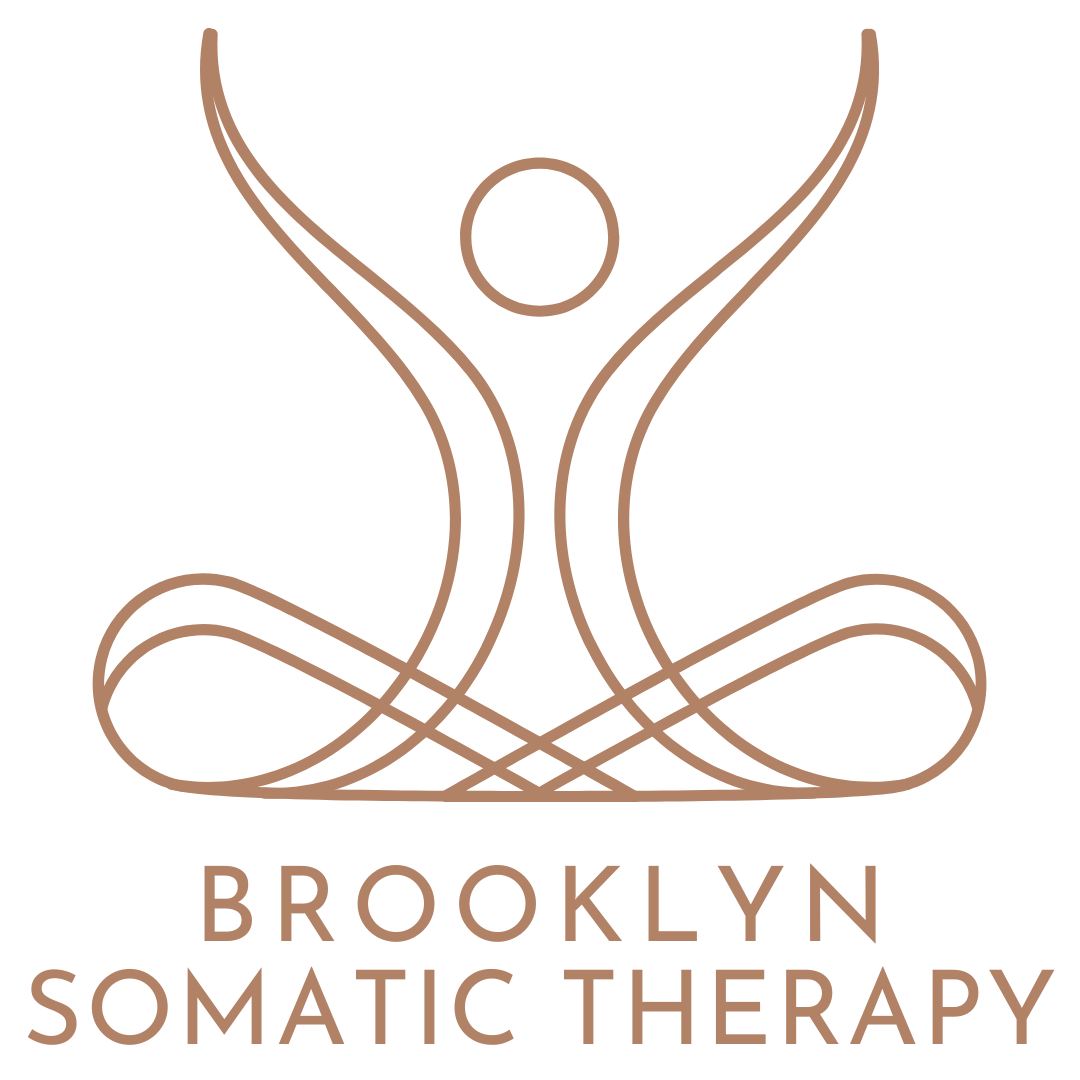A Single Session, Five Years of Freedom: What New Depression Research Reveals
Recent findings from Johns Hopkins University reveal that a single session of psilocybin therapy provided depression relief lasting up to five years for most participants. For anyone trapped in cycles of treatment offering only temporary relief, these results represent a fundamental shift in what's possible.
What we're really talking about
Let's be clear about what this actually involves. Psilocybin—the healing compound found in certain mushrooms—has been used therapeutically by indigenous cultures for thousands of years. In clinical settings, it's administered with rigorous protocols and careful therapeutic support.
The process involves extensive preparation with trained therapists, followed by a session in a safe therapeutic environment with guides present throughout. Here's what makes psilocybin unique: it temporarily disrupts the brain's "default mode network"—those neural circuits responsible for rumination and rigid thought patterns that characterize depression.
When these networks quiet down, the brain enters heightened neuroplasticity, becoming remarkably flexible and open to forming new pathways. People often experience "oceanic boundlessness"—feelings of unity that temporarily dissolve barriers keeping them trapped in negative thinking cycles. This enhanced brain flexibility creates a window where old patterns can be interrupted and healthier ways of thinking can take root.
The five-year follow-up that changed everything
Dr. Alan Davis from Ohio State University followed participants from the landmark Johns Hopkins study. Of 24 people who received a single psilocybin session, 67% remained in depression remission five years later.
Think about that timeframe. These weren't people who simply returned to baseline—many reported ongoing personal growth that continued evolving years after their session. They described fundamentally different relationships with their own thoughts and emotions.
Most antidepressants require daily dosing and often lose effectiveness over time. Research from large-scale studies like STAR*D indicates that the majority (60%) of depressed patients do not benefit from their first antidepressant, and about 60% after three steps, and 70% after four steps achieve remission only through multiple sequential trials. The idea that a single therapeutic experience could provide benefits lasting years challenges our entire framework for treating depression.
Why this feels different
The durability makes sense when we understand depression not just as a chemical imbalance, but as rigid neural patterns and trapped emotions held in the body. Depression often involves emotions frozen in the nervous system—grief never fully felt, anger that couldn't be safely expressed, fear that became chronic hypervigilance.
Traditional treatments work within existing neurological patterns, often requiring ongoing intervention to maintain their effects. Psilocybin temporarily dissolves these rigid patterns altogether, creating space for entirely new ones to emerge. Research shows it "desynchronizes" brain networks that keep people stuck. The people who experienced the deepest sense of unity during their session showed the most lasting improvements. It seems that remembering their fundamental connectedness served as a powerful antidote to the isolation that depression thrives on.
The work that makes it stick
What distinguishes life-changing psilocybin therapy is everything that happens before and after. The people who maintained remission did the work—weeks of preparation, months of integration, learning to translate insights into daily practice. Many describe their session as providing a "north star" that helps them recognize when they're drifting back toward old patterns.
What this means right now
Psilocybin therapy isn't widely available yet, though Oregon has legalized services and clinical trials are advancing toward FDA approval. At Brooklyn Somatic Therapy, we're deeply excited about this frontier and what it reveals about the body's capacity for transformation.
While we await psilocybin's availability, we offer ketamine-assisted therapy—another powerful psychedelic medicine showing remarkable outcomes for depression. Like psilocybin, ketamine creates neuroplasticity and shifts brain patterns, often providing relief within days.
Whether you're considering ketamine now or integrating from your own psychedelic journey, our somatic practitioners understand how crucial preparation and integration work is. We help build the nervous system resilience that makes these experiences most effective, hold space for whatever surfaces, and support you in weaving insights into daily life.
This research validates what we've always known: healing happens when we create safe spaces for the nervous system to reorganize and trust the body's wisdom. Depression can feel like a life sentence, but these findings suggest even the most entrenched patterns can shift. Sometimes the breakthrough we need comes through profound moments of seeing ourselves with completely new eyes.
Ready to explore what's possible for your healing journey?Schedule a consultation with one of our experienced therapists to discuss whether ketamine-assisted therapy or somatic integration work might be right for you.
